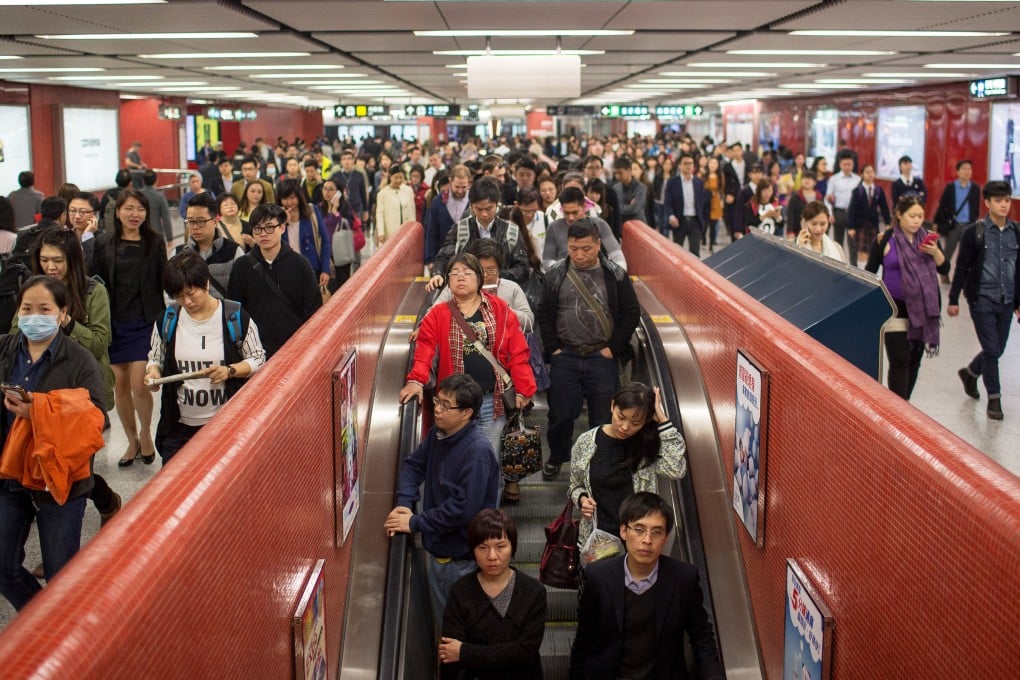Regulate private hospitals in Hong Kong for better quality of care
Shalini Mahtani backs having a doctor on duty at all times and publicising clinical outcome data

Hong Kong's private hospitals account for about half of all hospital expenditure and 20 per cent of all hospital admissions. With our burgeoning ageing population, there is an obvious need to reduce the pressure on public hospitals - but how?
The government wants to encourage people to switch from public to private medical care. Is this a good idea and will a patient who makes the investment to go private today be assured of high-quality care, regulated by the government? The simple answer is no.
Private hospitals are governed by a weak and archaic piece of legislation enacted in 1936. It is therefore left to the goodwill, or not, of an individual hospital to have certain clinical standards.
We do have a code of practice for private hospitals but this is not mandated by law. Why is this? Surely even advocates of free markets and a "laissez-faire" economy would, morally at least, agree that health care should be regulated. After all, it is a public good and concerns life and death.
Furthermore, we can hardly rely on market forces in Hong Kong to help us reward the best and penalise the worst private hospitals. This presupposes information is freely available and markets will therefore self-correct. But in Hong Kong, there is limited information about clinical outcomes and patient satisfaction at each individual hospital. And we also know that, with the huge demand for hospital beds, there is hardly a need for private hospitals to compete and therefore perhaps improve.
We need to rely on the government - as do other places, like England, Singapore and New South Wales in Australia - to regulate private hospitals. Thankfully, the government realises there is a need and has been consulting the public over the regulation of private health care facilities. The consultation ends today.